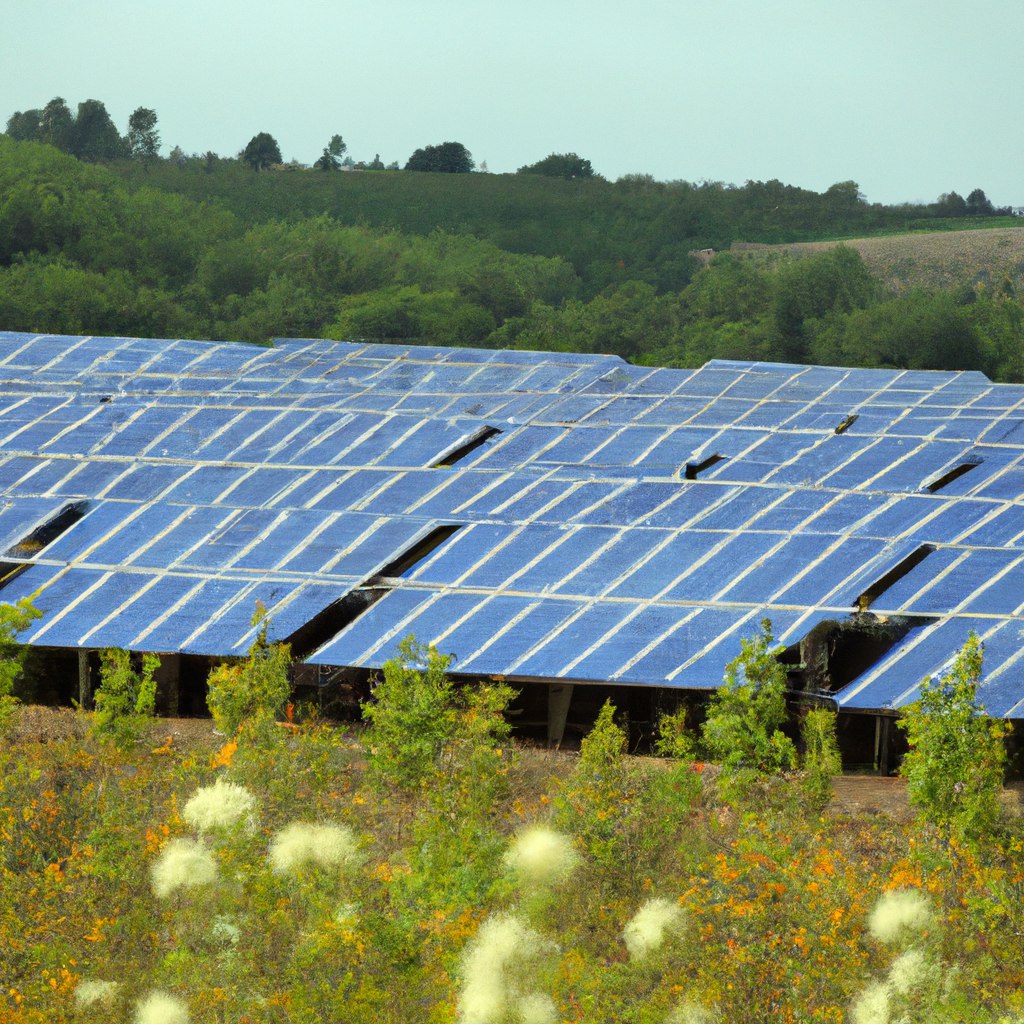
The University of Exeter’s pioneering solar farm project is set to face a crucial review by the local committee as the institution aims to take a significant stride towards sustainability and carbon neutrality. The ambitious plan to establish a state-of-the-art solar farm on university grounds has garnered both excitement and scrutiny from stakeholders and the public alike.
In line with its commitment to combat climate change and reduce its carbon footprint, the University of Exeter’s proposal envisions the installation of a large-scale solar energy facility on an allocated portion of its campus. The solar farm, if approved, will harness the region’s abundant sunlight and convert it into clean and renewable electricity to power a substantial portion of the university’s energy needs.
The project’s proponents highlight that the solar farm aligns seamlessly with the university’s long-term sustainability goals and will significantly contribute to the institution’s efforts to achieve carbon neutrality by a targeted date. By harnessing the power of the sun, the university aims to reduce greenhouse gas emissions, set an example for other academic institutions, and foster a culture of environmental responsibility among its students and staff.
However, the proposal is not without its share of concerns. Some local residents and environmental groups have expressed reservations about potential impacts on the landscape, wildlife, and neighboring properties. The university has sought to address these concerns through meticulous planning and environmental impact assessments, emphasizing that the solar farm will adhere to all necessary regulations and incorporate measures to protect local ecosystems.
Dr. Emily Carter, the Vice-Chancellor of the University of Exeter, expressed her optimism about the project, stating, “The solar farm represents a momentous step towards a sustainable future for our institution. We believe that through responsible planning and collaboration with the community, we can create a solar facility that benefits both the university and the environment. We are committed to addressing any concerns raised during the committee review and ensuring transparency throughout the process.”
If the solar farm project receives the committee’s approval, the University of Exeter will join the ranks of leading educational institutions demonstrating their dedication to combatting climate change through innovative clean energy initiatives. The project will not only serve as an educational tool for students, showcasing the practical applications of renewable energy, but also stand as a beacon of inspiration for other organizations seeking to embrace sustainable practices.

